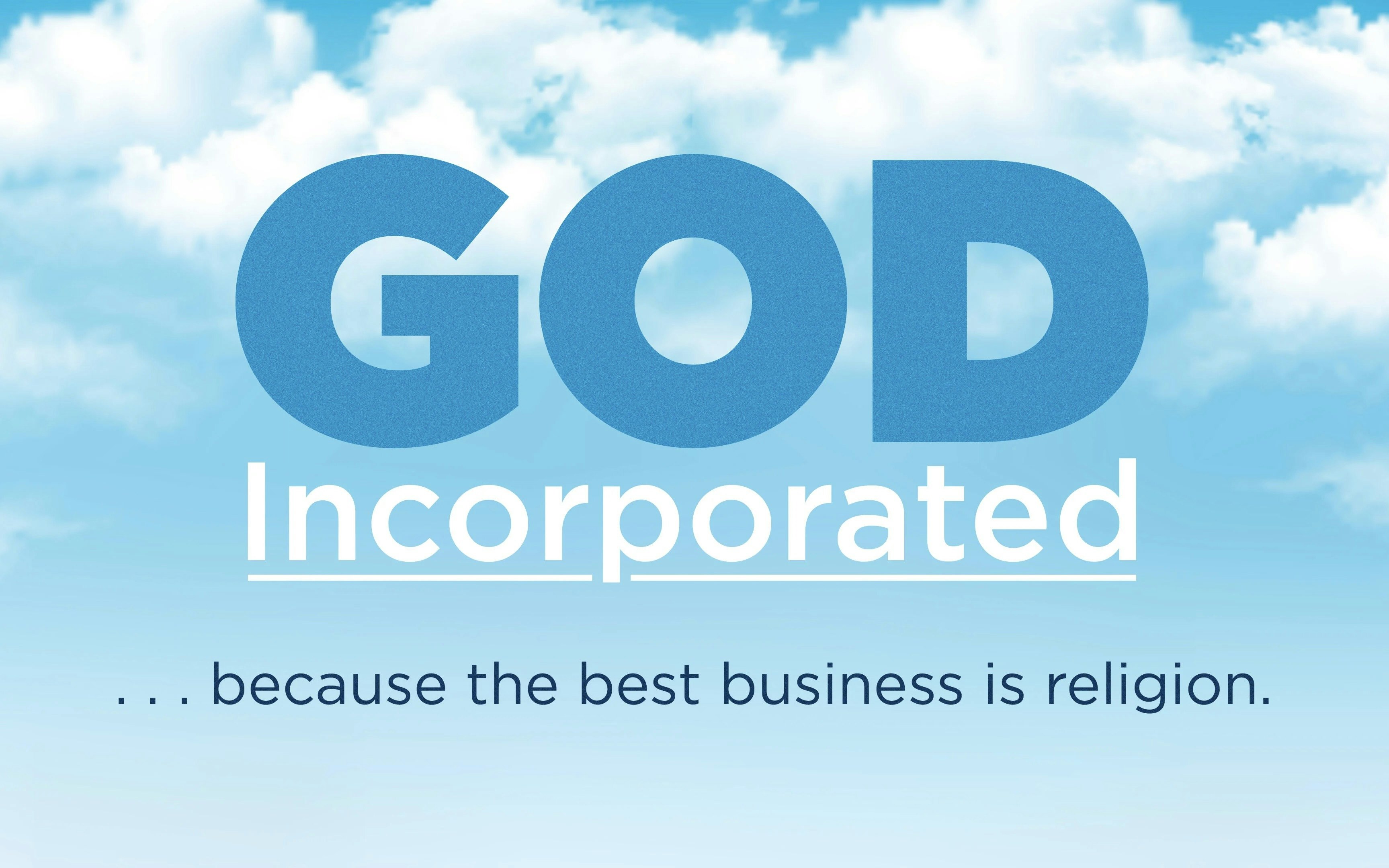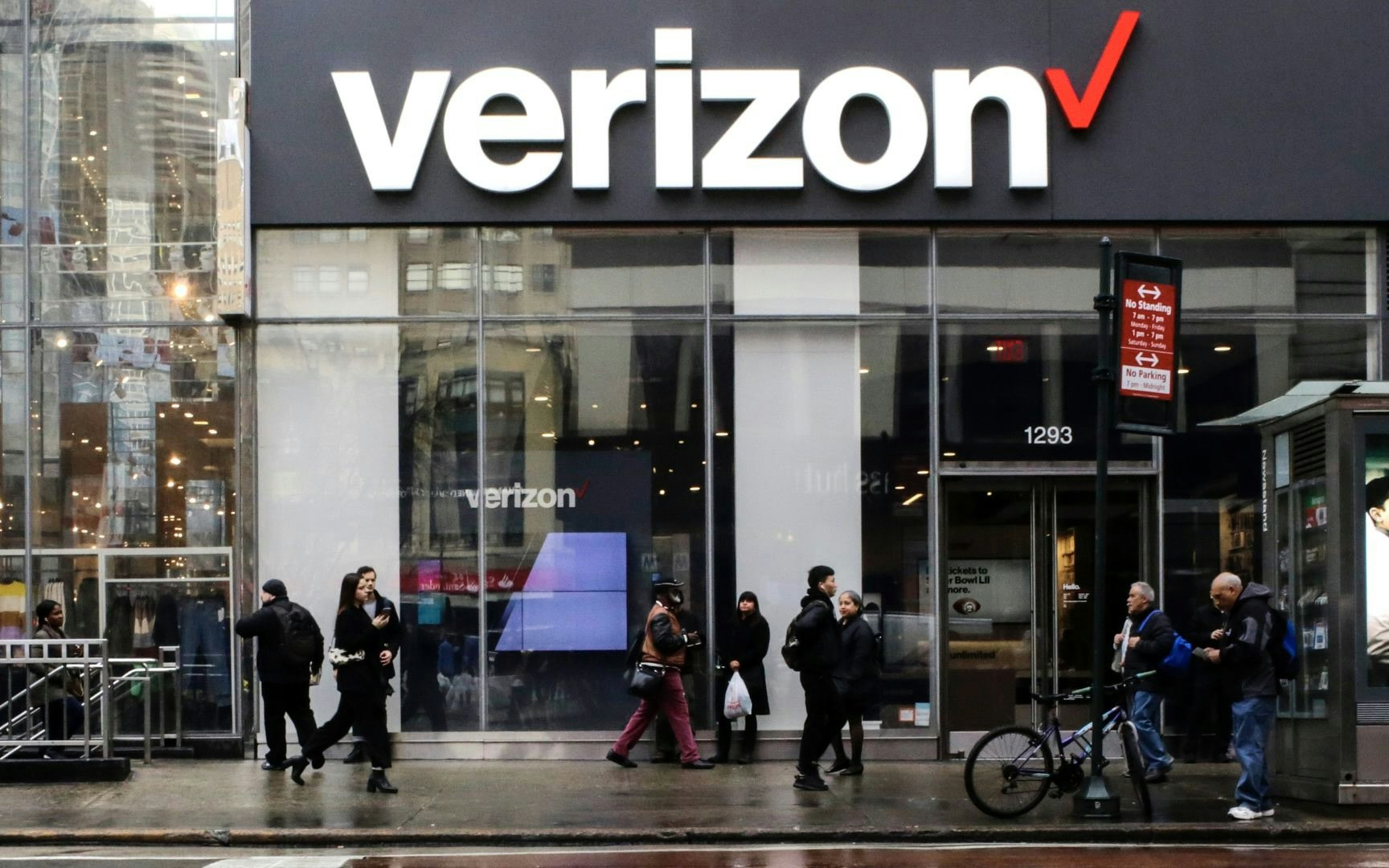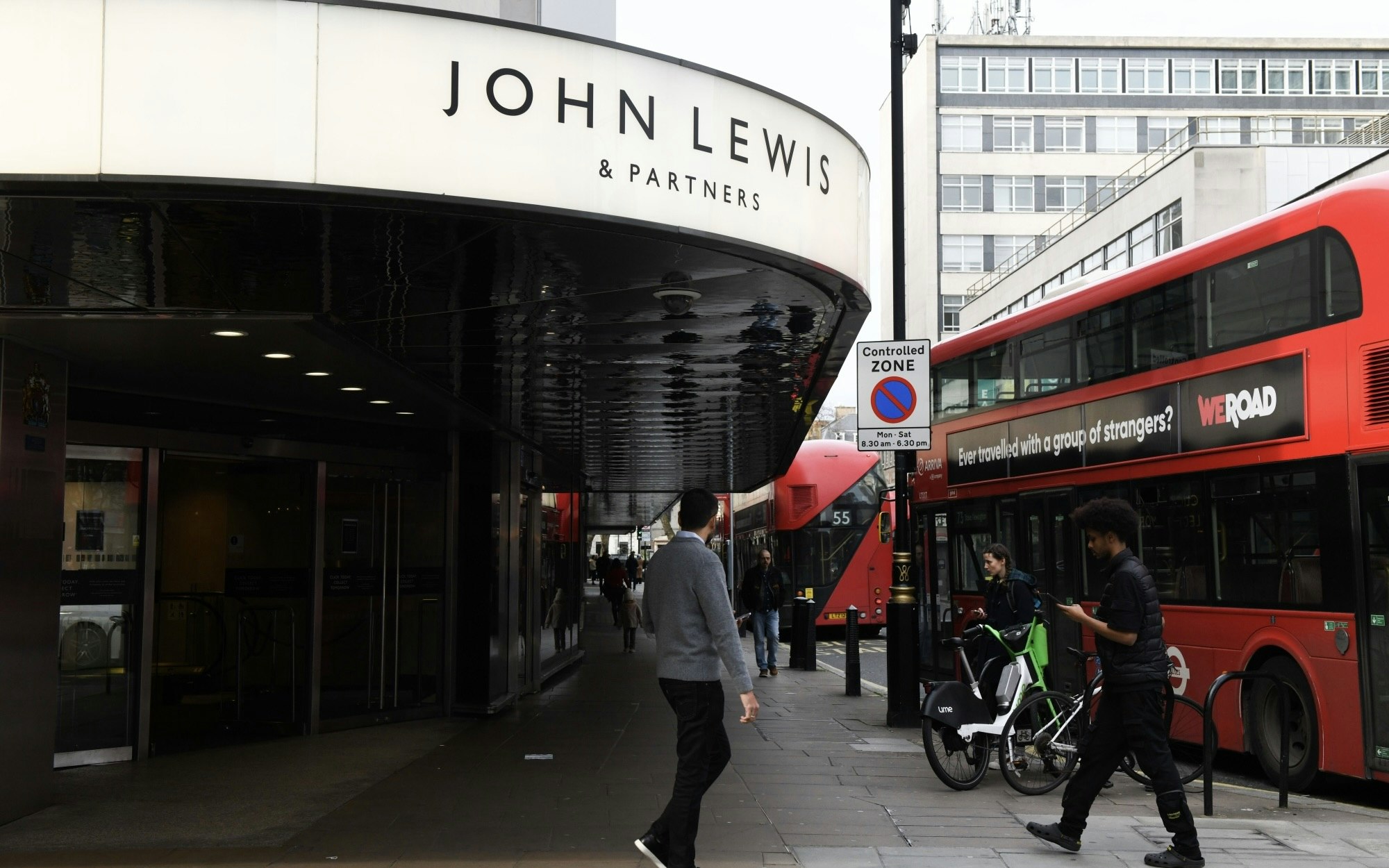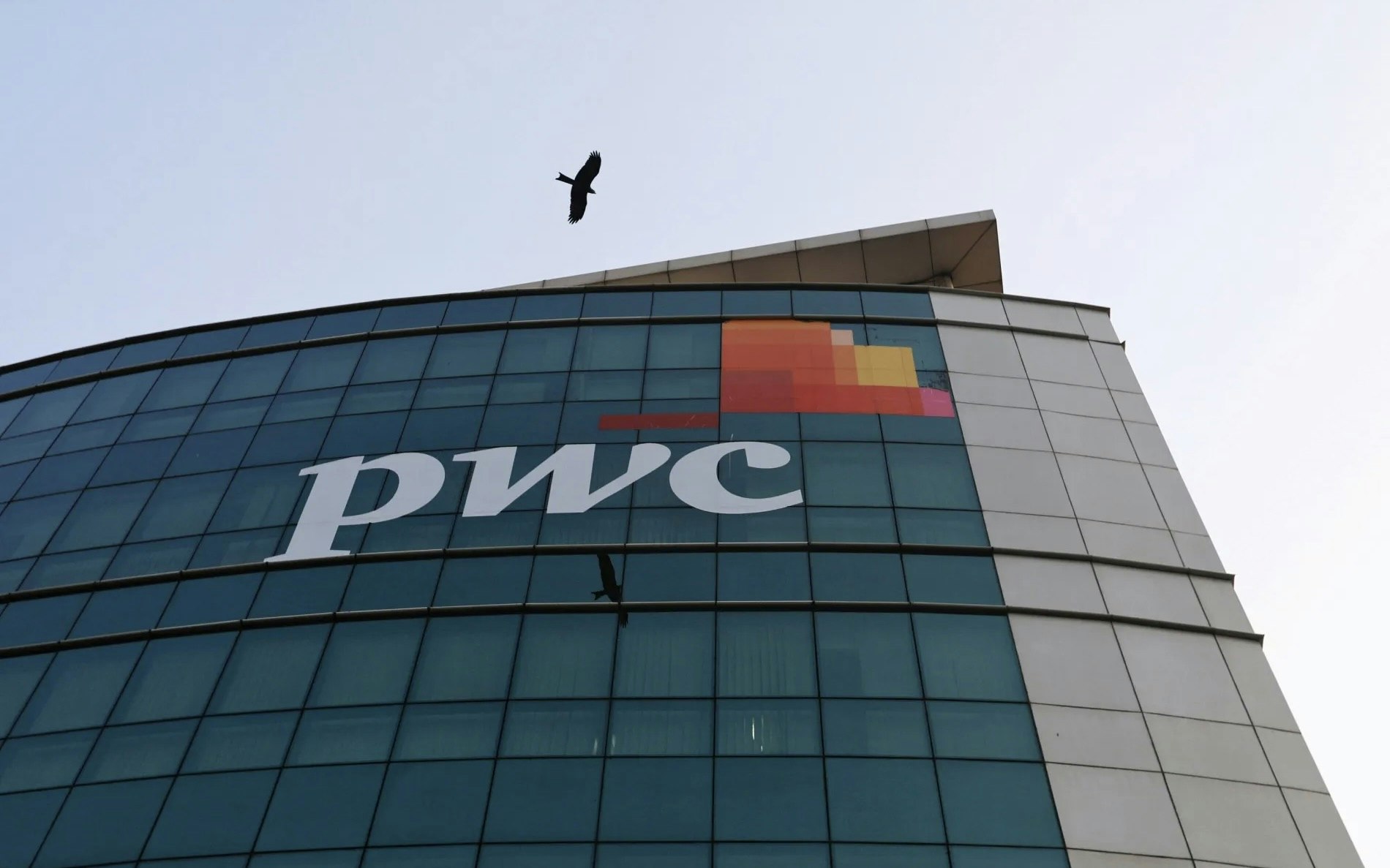Business
Church Startups Conquer the USA: Franchise Model Booming
Entrepreneurial networks support church plantings with funding and training - traditional congregations are shrinking, new ones are emerging.

Amidst the Decline of Traditional Church Congregations in the US, Entrepreneurial Networks Provide Financial Support and Training for Aspiring Church Leaders to Establish New, Mostly Non-Denominational Services.
Aaron Burke founded Radiant Church in a run-down cinema in Tampa, Florida, a decade ago, offering a model of Christianity that is becoming increasingly popular among believers in the USA. The church holds conservative views on gender issues and sexuality, and its services are characterized by Pentecostal enthusiasm with high-energy bands and entertaining sermons. While Radiant initially attracted fewer than 200 attendees, the church now averages nearly 8,000 visitors across nine locations.
Burke, a pastor ordained in the Pentecostal movement, not only started his church with faith but also with financial support. He sold a second-hand store in Pensacola, Florida, and raised additional funds, including $30,000 from the Association of Related Churches (ARC), a franchise-like church network.
ARC Acts as a Startup Accelerator, Providing Money and Mentoring in Exchange for a Continuous Share of the Church's Revenue, Which It Invests in the Establishment of New Churches. Similar Networks are Currently Sprouting up in the USA to Open New, Mostly Non-Denominational Services, as Many Traditional Church Congregations are Shrinking.
"We need pastors who know how to lead the church with market-appropriate principles," said Burke, who has an MBA and a doctorate in theology. Since 2001, ARC has established 1,114 churches worldwide, including 40 last year. Another church network, Acts 29, currently operates 644 churches, mainly in the USA, but also in Italy, Mexico, and Thailand.
Traditional Christian Churches in the USA Lose Members, Partly Because More and More Young People Have No Religious Affiliation, Studies Show. Two decades ago, 42% of American adults attended church services weekly or almost weekly, today it is only 30%. Thousands of churches close their doors every year.
The Networks Pursue a Fresh Approach. "It's almost like a Silicon Valley venture capital model for church growth," said Ryan Burge, Associate Professor at Eastern Illinois University, who specializes in religion and politics.
Burke and his wife Katie rented a shabby cinema in a shopping mall in 2013 and set to work. They cleaned carpets, scrubbed bathrooms, and decorated rooms for a café and a daycare. They purchased a sound system, video equipment, and lighting.
Burke wanted to attract both believers and new visitors to the Radiant Church. He set up parking lot greeters and delivered short, humorous sermons relevant to everyday life. "We will do everything we can to not make it difficult for people who want to find God," he said.
On a recent Sunday morning, congregation members flocked to the church, passing bright orange signs at the entrance that read "New here? Stop by and say hello!" Many visitors were in their 20s and 30s and came with children. A live band and singers opened the service. People in the audience swayed to the rhythm and raised their arms.
Burke's Sermon Focused on the Dangers of Selfishness. He Quoted the Bible and Illustrated Its Messages with Humorous Stories About Fad Diets and the Selfie Culture. At One Point, Assistants Brought Two Ladders onto the Stage, One Labeled "Self" and the Other "Sacrifice". He Theatrically Struggled to Climb Both at the Same Time, His Legs Spreading Farther and Farther Apart until He Almost Fell.
"You can't get far if you try to live between both," he said amid laughter.
After the sermon, Burke went to his office with staff and volunteers to discuss the service. They discussed awkward musical transitions, adjustments to camera angles for the online audience, and potential changes to the sermon.
A woman suggested that Burke should exaggerate the ladder scene even more by climbing higher. "It should almost seem as if he's about to fall," she said.
"I don't want to go viral," replied Burke jokingly.
Burke's sermons are held at four services every Sunday in the cinema in Tampa. They are also streamed online and broadcast live to the eight locations in the region where Burke is projected on a large screen. These satellite locations, some in rented spaces in schools, have their own bands and worship programs.
Radiant took in nearly 18 million US dollars in tithes and special offerings last year. Of this, the church paid 248,000 US dollars to ARC and individual church startups. Radiant spent 3.4 million US dollars on expansion, 6.2 million US dollars on operations, and 5.7 million US dollars on staff.
Tarra Dimanche started visiting the location in East St. Petersburg nearly two years ago. She was a lifelong member of an African Methodist Episcopal Church and felt that she was not progressing spiritually.
Dimanche and her husband, Damas Dimanche, felt welcome when they visited Radiant. They participated in church activities, including a prayer group. They were moved by the sermons from Burke and the other ministers, 'because they break down the information and scripture in a way that is applicable to your life,' said Dimanche, 48. 'That's the one thing that keeps bringing me back.'
Churches like Radiant Align with the Vision of ARC Founders When They Established Their Organization 23 Years Ago. CEO Dino Rizzo said they started slowly. By 2009, they were founding an average of 50 new churches per year. Last year, the network based in Birmingham, Alabama, invested more than 7 million US dollars in launching new churches.
As religious non-profit organizations, the networks are exempt from the obligation to file annual tax returns with the IRS. ARC reported having generated revenue of $16.8 million in 2022; $3.1 million of that went into administrative costs and $13.6 million into program expenses, including conferences and training.
ARC Provides Church Founders with up to $100,000 in Matching Funds as an Interest-Free Loan. The Agreement Specifies that the Church, if Successful, Pays a Portion of its Annual Revenue to ARC. Approximately 90% of New Churches are Still Operational After Five Years, According to Network Representatives.
Those who want to establish new churches with the help of the network are mostly married couples, according to ARC, which offers training. At a recent two-day session in Palm Beach Gardens, Florida, speakers advised the audience to prepare for a challenging task.
"Church founding is not for the faint of heart," said T.J. McCormick, who founded the Coastal Community Church in Parkland, Florida.
The launch strategy of ARC is to set the goal of attracting at least 200 people to the first service. A speaker said that pastors should aim to have a launch team of at least 45 people to handle tasks such as setting up the service and greeting guests. Another suggestion: Gather potential congregants and inform them about the new church over drinks and snacks.
A couple discussed search engine optimization and learned how to get the name of their new church to the top of Google search results. They suggested buying Google ads and paying for certain keywords and phrases like "church for young adults near me".
In a training session on worship services, a speaker advised pastors to use simple language and convey principles that people can apply in their daily lives. Keep the sermons brief, said the speaker: "TikTok has shortened the world's attention span."
ARC conducts background checks on individuals who want to start a church, reviews finances, assesses the health of a couple's marriage, and checks social media accounts.
The translation of the heading to English is:
"The process is intensive," said Michael Matthew, who founded the Eternal Rock Church in Houston with his wife Lisbeth Hernandez-Matthew in 2020. Their credit scores did not meet the threshold of ARC – due to medical debts, he said – and the couple worked with a financial coach to raise them sufficiently.
The couple had to demonstrate their ability to preach, manage staff, and recruit volunteers. They needed a branding and marketing strategy and had to show that they were capable of producing sermons for an entire year.
Then they had to present their plan to ARC representatives. "It was almost like a Christian version of Shark Tank," said Matthew, 47.
At Acts 29, based in Mission Viejo, California, pastors wishing to establish their own churches must first submit an inquiry online. The formal application requires sermon samples and theological reflections. This is followed by a two-day retreat where the candidates are evaluated by experienced church planters.
Demeko Bivens, who, together with his high school friend Raph Peters, wanted to establish a church in Houston, said that the interviews assessed their religious calling, competence, and character. They delivered sermons before pastors and church leaders.
Bivens and Peters completed a one-year and two-year internship in two churches while preparing for the founding of Sojourn Southside Church in October 2022. Acts 29 provided a gift of $20,000, and at least eight churches in Mississippi and Houston contributed another $30,000. The men raised $100,000 on their own.
Acts 29 Had Revenues of About $6 Million Last Year. Of This, $5.2 Million Came from Its Churches, According to the Organization's Most Recent Annual Report. The Organization's Expenses, Including Conferences, Assessments, and Support for Pastors and Their Wives, Totaled About $7 Million in 2023. Acts 29 Covered Its $1 Million Deficit from Savings. Typically, the Network's Churches Give Directly to Those Planting New Churches, Rather Than to the Parent Organization.
Justin Serra, a Participant of Acts 29, Founded the New City Fellowship in Orlando, Florida in February. The 33-year-old said that fundraising had been the most difficult part, as he was not used to asking people for money. Nonetheless, since May 2022 he has raised $150,000 – $110,000 mainly from Acts 29 churches and an additional $40,000 from family, friends, and other church-start networks.
Noah Herrin and his wife, Maddy Herrin, came to Nashville, Tennessee in 2022 with $2,000. They raised $675,000 - $100,000 of that from ARC and the majority of the rest from other churches - and last year opened the Way Church with 551 visitors on the first day.
"The couple covered all the expenses for the establishment of the church and the operating costs for the first year," said Noah Herrin, 29. He utilized his experience from starting a social media business. Back then, he said, he focused on advertising products.
Now, "it's a completely different message," said the lady. "It's more about community and God."









